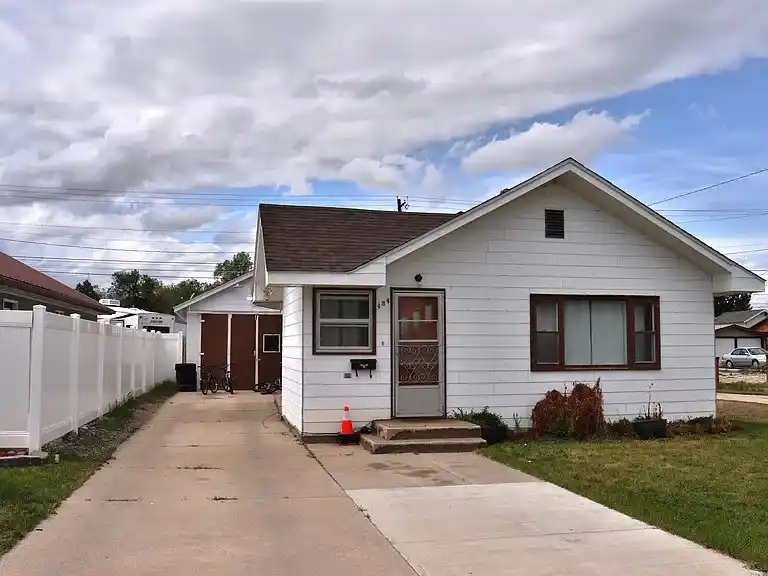If you’re asking, “Can I shoot a gun in my property?” you’re not alone. As firearm ownership increases across the U.S., many homeowners wonder if it’s legal to practice shooting in their own backyard. The answer? It depends—largely on where you live, how your property is zoned, and whether local or state laws restrict firearm discharge. But here i will discus the question mostly people ask “can i shoot a gun in my yard“
Let’s walk through the rules, safety tips, and best practices for shooting on private property, so you stay both legal and responsible.
Understand State and Local Gun Laws First
Each state has its own gun laws. Some states, like Texas and Arizona, are more lenient with firearm discharge on private land. Others, like California and New Jersey, have stricter regulations. In most areas, county and municipal codes add additional layers to these laws.
Common restrictions include:
- Minimum acreage required for shooting (often 1–10 acres)
- Noise ordinances in suburban or residential zones
- Proximity limits to homes, roads, or schools
- Zoning rules: agricultural vs. residential property
For example, Texas allows shooting on properties larger than 10 acres in unincorporated areas, as long as you’re not shooting across property lines or near public roads.
💡 Always check your county sheriff’s office or city ordinance code before firing a single shot.
Is It Legal to Shoot on Private Property?
Yes, in many states, shooting on private property is legal—if certain conditions are met. These usually include:
- Minimum land size
- Adherence to safety regulations
- No discharge within city limits (unless explicitly allowed)
- The shooter being a legal gun owner
If your land is in a rural, unincorporated area, you’re more likely to have fewer restrictions than someone in a suburban neighborhood.
What About Shooting Near Homes or Roads?
Nearly every state has rules about firing a gun near:
- Public roads (often 150–300 feet away)
- Other dwellings or occupied buildings (commonly 500 feet)
- Schools, parks, or public spaces
Violating these distance rules can result in fines, arrest, or the loss of your firearm license. Always know your property boundaries and confirm you’re not too close to any off-limit zones.
Backyard Target Practice: Is It Allowed?
Practicing target shooting in your backyard can be legal, depending on:
- Lot size (minimum acreage is usually required)
- Local noise and nuisance laws
- Having a safe backstop (like a berm or bullet trap)
- Type of firearm (rifles and shotguns may be restricted more than airguns or .22s)
Make sure your target setup prevents bullets from leaving your property. Ricochets or stray rounds could lead to criminal charges, even if no one is hurt.
Safety First: How to Shoot Responsibly
Whether you’re hunting, practicing, or teaching someone to shoot, safety should be your top priority. Follow these best practices:
- Use a certified backstop or berm
- Post “No Trespassing” and “Private Shooting Range” signs
- Wear ear and eye protection
- Keep firearms locked and unloaded when not in use
- Avoid alcohol or drugs before shooting
- Notify neighbors beforehand (optional but courteous)
Insurance & Liability Considerations
Did you know you can be sued if someone is injured by your shooting—even if it was accidental? That’s why many homeowners purchase personal liability or umbrella insurance to cover firearm-related accidents.
Also consider joining a gun rights organization that offers legal protection in the event of an incident.
What Happens If You Break the Law?
Illegally shooting on your property can lead to:
- Fines ranging from $500 to $5,000
- Jail time for reckless discharge or endangerment
- Confiscation of firearms
- Loss of your firearm license
In some states, repeat offenses can even be charged as felonies. Don’t risk it—always confirm what’s legal before you shoot.
Summary: So, Can I Shoot Guns on My Property?
Yes—you can shoot guns on your property in many parts of the U.S., but only if you follow local and state laws. Start by checking zoning rules, distance requirements, and safety guidelines. Then, create a secure, responsible setup that protects you, your family, and your neighbors.
Shooting can be a safe, lawful way to practice and enjoy your Second Amendment rights—but only if you do it the right way.
